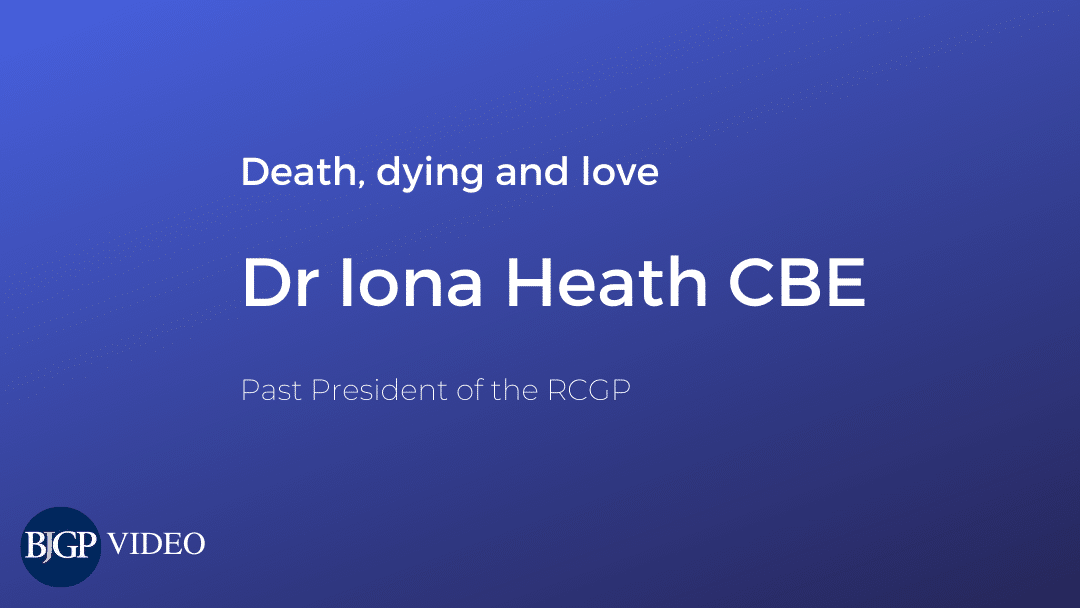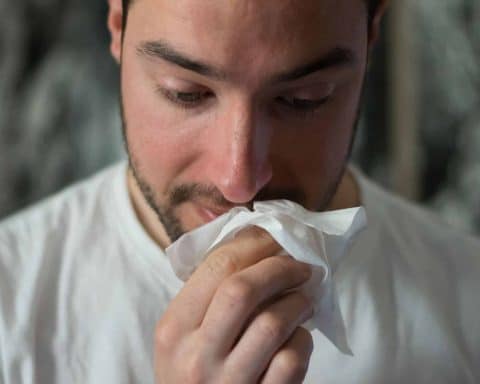
Is the best strategy to strike hard and wipe out the pandemic early in a country or to let it go on and flatten the curve until herd immunity develops? China and South Korea seem to have been successful in the former. However, the way democracy works in Europe and the fact that the pandemic got a firm grip on more or less all European countries makes that strategy likely to fail in any European country.
The second strategy to flatten the curve and await herd immunity is a balance between avoiding overloading the health care system on one hand and on the other hand avoiding a prolonged shut down of the society crashing the finances of individuals, businesses and the government. The latter may cause depression, suicides and in the long run weaken the health care system. Hence, getting the wrong balance may lead to unnecessary fatalities. Countries differ when trying to find the right balance and Sweden has so far had a more relaxed approach than most other European countries.
The Swedish strategy is based on thorough information and gentle advice trusting in people acting sensibly.
There are also a number of other measures to strengthen business and finances for people in general. The idea behind this is that giving people information and personal responsibility works better than treating people like children and having parents (the police) chasing naughty children. It has been discussed if the Swedish approach of trusting people having “folkvett” (good manners) is the best approach or if this is “vanvett” (lunacy). I guess we will only know until afterwards. However, so far the bulk of the Swedish population seem to trust the government and do what they can to support the provided recommendations.
The pandemic has so far led to some dramatic changes in the working conditions for Swedish GPs. Fewer patients go the GP clinics and those who do are met by a health care worker just outside the door asking for any symptoms of a respiratory tract infection. If they have any of these they are referred either to an outside tent where their symptoms are explored further and testing is done if relevant, or to go home and ring a national helpline evaluating their symptoms. GPs now have perhaps a third or less of normal consultations. Some GPs say they have almost no consultations where they meet the patient in person. Hence, a lot of GP work is now done over the phone or using phone apps for video consultation. Many GPs express some concern for their personal safety but they carry on making their contribution in these weird times.







